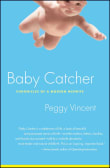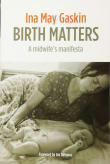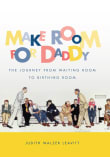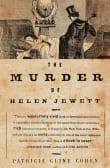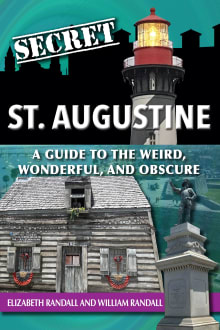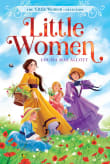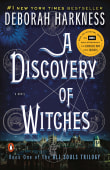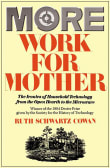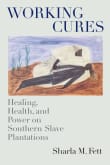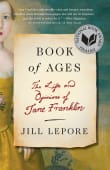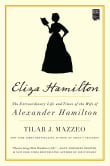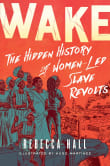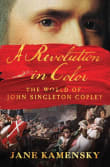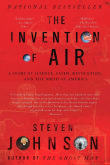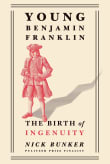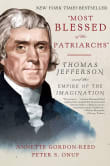A Midwife's Tale
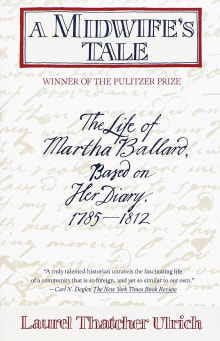
Book description
PULITZER PRIZE WINNER • Drawing on the diaries of one woman in eighteenth-century Maine, "A truly talented historian unravels the fascinating life of a community that is so foreign, and yet so similar to our own" (The New York Times Book Review).
Between 1785 and 1812 a midwife and healer…
Why read it?
7 authors picked A Midwife's Tale as one of their favorite books. Why do they recommend it?

This book is one of the reasons why I became a historian.
Ulrich uncovered the nearly illegible diary of an eighteenth-century midwife in Maine and included excerpts of the original at the start of each chapter. When I read the excerpts, I thought: How could these possibly be significant and what do they mean, anyway?
And then, like a detective, a gifted mind-reader, and a learned botanist all rolled into one, Ulrich unpacked each entry, weaving each snippet into the fabric of a wide textile of social history that includes reproductive history, gender and marital relations, local economies, political conflicts,…
From Nora's list on unearthing abortion’s hidden history.

I read this book when I was first starting to write my book, and the way Ulrich unravels the history is a total revelation. Each chapter begins with a passage from Ballard’s diary describing a day of her life in her small Maine town. The passages are almost impossible to decipher—shorthand, obscure names, and references that one just can’t understand. Then Ulrich spends the chapter unpacking the entry, telling its full story.
If you like mysteries and figuring out clues (I do!), then this book is enormously satisfying. It also tells a fascinating story about women and medical history. Female…
From Glenda's list on hidden lives of women in early America.

Paine, Copley, and Priestley were all beneficiaries of formal institutional associations, mostly through the voluntary scientific and art associations, the American Philosophical Society in America and the Royal Society and Royal Academy in Britain. Martha Ballard, a midwife living during the early years of the American Republic in Maine (at the time a province of Massachusetts), had no formal associations but she did have deep and abiding affiliations. If not with elite academies, sanctioned by kings, and populated by periwigged gentlemen, then with family and community.
Laurel Thatcher Ulrich’s A Midwife’s Tale remains the finest study ever written about the…
From Edward's list on ingenuity and innovation in the American Revolution.
If you love A Midwife's Tale...

This widely acclaimed book uses the opaque diary of an obscure midwife from rural Maine in the decades after the Revolution to transform how we think about women's lives and women's work. A tour de force of the historian's craft, written with skill, compassion, and a flair for drama. As a professional historian, one of the things I love most about this book is the way that every chapter is such a revelation. Each chapter begins with a passage from the diary that at first seems mundane and uninteresting—until Ulrich starts working her magic. Soon, there is a puzzle to…
From John's list on Revolutionary America focus on the lives of women.

This is one of the best-known and loved books in American history and it remains as riveting today as when it first appeared to wide acclaim. It follows the life and work of a woman midwife in Maine for several decades after the American Revolution. Martha Ballard delivered babies (traversing rivers, sometimes canoeing to reach the cabins), helped families far and wide with medical problems, and kept her own household fed, clothed, and clean. Ulrich makes everything come vividly alive: the hardships and rewards Ballard found in midwifery, planting and weeding her gardens, wrestling with endless household chores, the pains…
From Janet's list on American women’s lives in the American Revolution.

This book showcases womanpower in two ways. First, it's the story of Martha Ballard, a midwife who lived in the late 1700s and early 1800s in what's now Maine. Like many women, she kept a diary of her daily life. In her (mostly short) entries, she recorded mothers she attended and details about her daily life. Until Dr. Ulrich came along, no one found that remarkable, but Dr. Ulrich approached the diary as no one had before her and uncovered so many rich details that make Ballard's world come to life. This book is incredible not just because of Ballard's…
From Tanya's list on womanpower.
If you love Laurel Thatcher Ulrich...

A Midwife’s Tale is a beautiful recounting of life in the late 18th-early 19th c. Maine through the eyes of midwife Martha Ballard. I first read this book in graduate school, and was amazed at how effectively Laurel Thatcher Ulrich fleshed out medicine, midwifery, and everyday life on the Maine frontier, from Ballard’s diary. Each chapter begins with a passage from the diary, followed by an analysis by Ulrich. As a historian of women’s history, Ulrich artfully teases out the secrets and meanings behind the relatively mundane accounting of Ballard’s daily visits and chores. The reader learns about the emergence…
From Wendy's list on the history of childbirth.
If you love A Midwife's Tale...
Want books like A Midwife's Tale?
Our community of 12,000+ authors has personally recommended 84 books like A Midwife's Tale.



